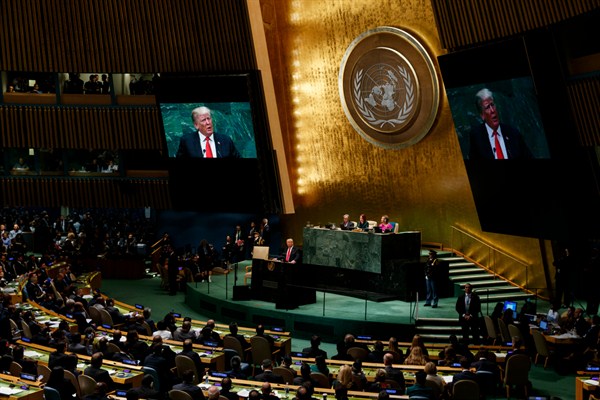The pursuit of an open world, I wrote last week, animated U.S. postwar planning during President Franklin D. Roosevelt’s administration. The United States sought an international order based on collective security, nondiscriminatory commerce and political self-determination, governed by multilateral institutions. As an objective that promised to balance national sovereignty with common rules of coexistence, it was deeply in U.S. national interests.
That same vision has never been more relevant than it is today, when the defining global struggle pits defenders of openness against forces of closure. Preserving an open world—as scholars Mira Rapp-Hooper and Rebecca Friedman Lissner have recently argued—should be the lodestar of any U.S. foreign policy post-Donald Trump.
Let’s begin with security. The United Nations Charter established a global security system that, while imperfect, was founded on sovereign independence, nonintervention and collective rules for the use of force. Russia and China, today’s main revisionist states, prefer a world based on spheres of influence and great-power privilege. This is clear in Russia’s seizure of Crimea, covert intervention in eastern Ukraine and intimidation in its “near abroad.” China, meanwhile, is modernizing its military, including a formidable navy, to reinforce its dubious jurisdictional claims in the East and South China Seas.

